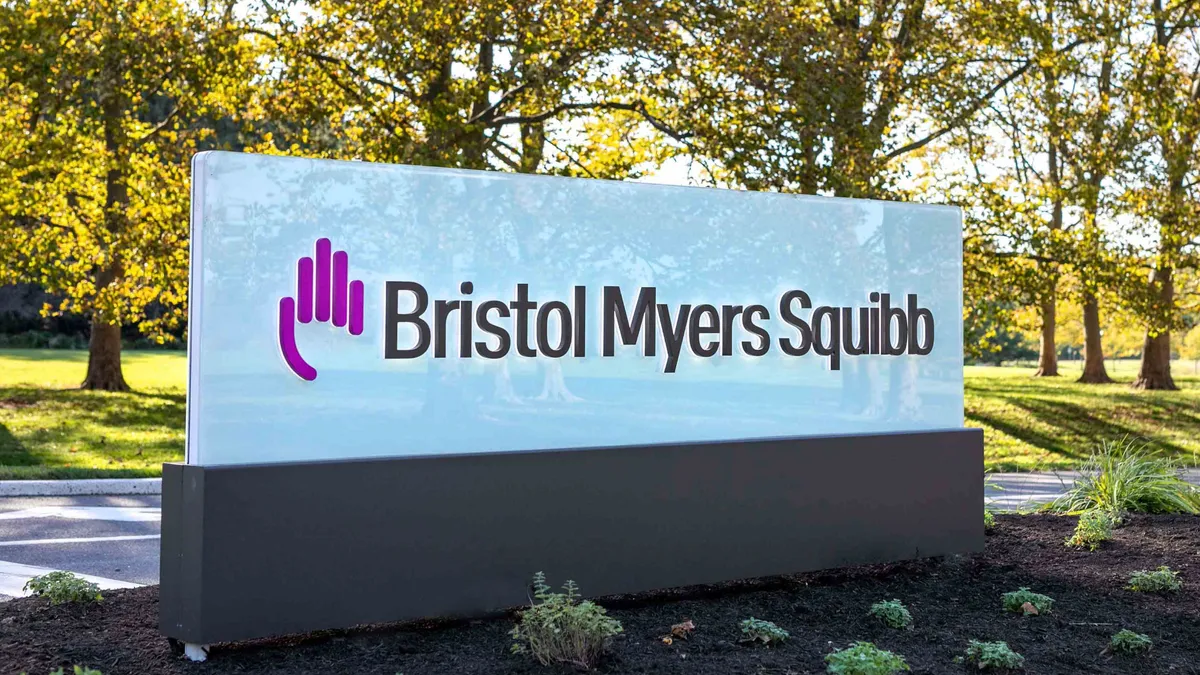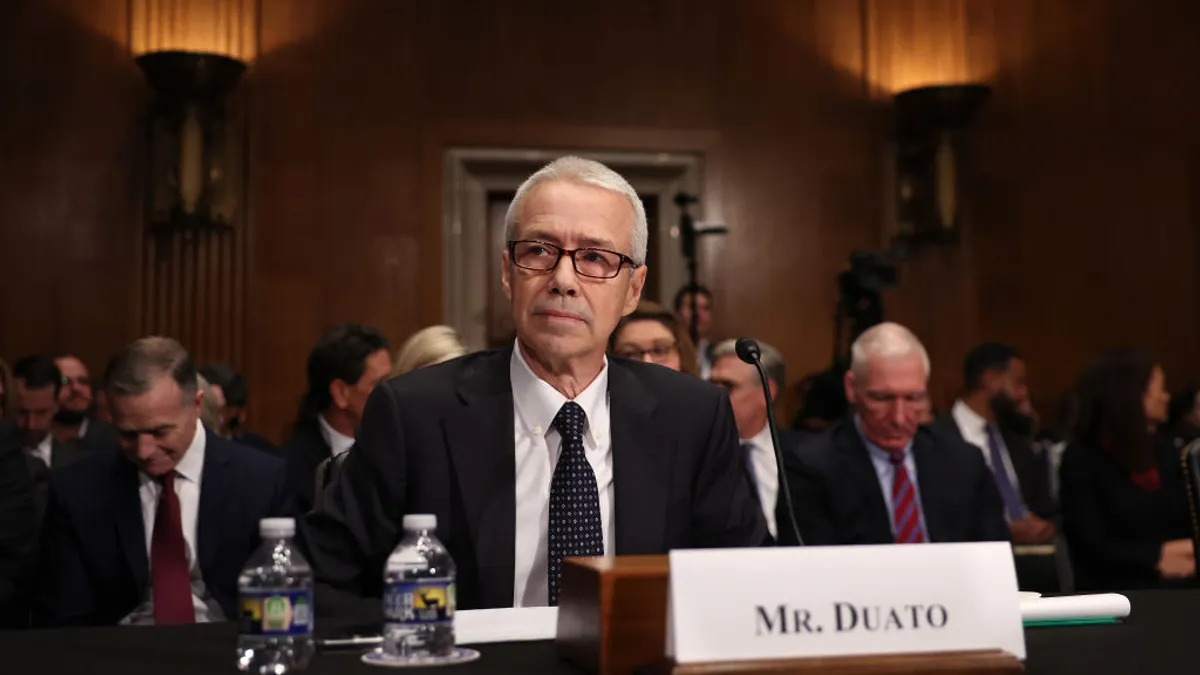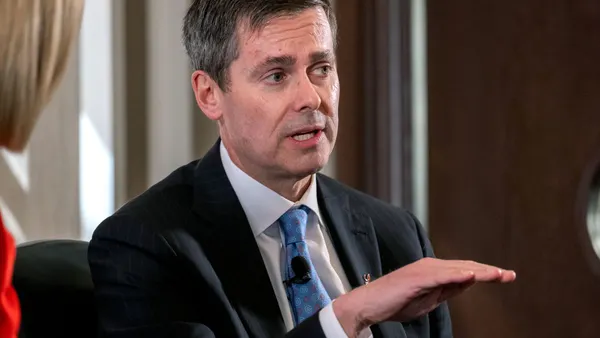Pharma companies are on the edge of a looming patent cliff over the next several years, and generic competitors could topple sales of some of the industry’s best-selling drugs. For some Big Pharma companies, generics are already on the doorstep.
Bristol Myers Squibb could soon see some headwinds for its blockbuster leukemia drug Sprycel as the first generic is expected to hit the market in September.
Sprycel (dasatinib) is a kinase inhibitor that was approved in 2006 to treat chronic myeloid leukemia, a type of blood cancer that impacts 1 in 526 people in the U.S. The tablet has been a reliable blockbuster for BMS over the years, reaching $1.9 billion in sales in 2023, BMS reported in its latest quarterly update. Sales topped $2.1 billion in both 2022 and 2021.
BMS has faced several challenges to Sprycel’s patents, and filed a patent infringement lawsuit again Swedish biopharma company XSpray Pharma in 2022, as well as a handful of other companies that were challenging “two FDA Orange Book-listed monohydrate form patents expiring in 2025 and 2026,” the company said in a recent SEC filing.
BMS settled with XSpray last year, settling all pending litigation, but also paving the way for XSpray to launch a generic dasatinib as soon as Sept. 1, 2024. XSpray has previously billed itself as able to get around secondary patents before they expire thanks to its technology. The contested patents were not set to expire until Sept. 28, 2026. However, XSpray has a PDUFA date of July 31 for its “optimized version of dasatinib,” Dasynoc.
What’s at stake
If Dasynoc is OK’d, it will join dozens of new generics approved across indications in 2024, including several cancer drugs. With this wave of generics, branded oncology treatments could see a price drop overall, according to IDP Analytics.
There are more dasatinib generics in development from a handful of other pharma companies, including Biocon and Teva.
What’s next for BMS
Amid the upcoming patent expirations and onslaught of generic competitors, BMS has kept its oncology pipeline warm with new candidates and also sought expansions for Sprycel — the FDA granted approval for Sprycel to treat pediatric patients with chronic CML in 2017
The pharma giant’s cancer drug Breyanzi, a one-time CAR-T cell therapy, won approval for large B-cell lymphoma in 2022, and the therapy has since seen expansions for patients with relapsed or refractory mantle cell lymphoma, as well as accelerated approval in May for those with chronic lymphocytic leukemia or small lymphocytic lymphoma. The FDA also granted accelerated approval of Breyanzi for follicular lymphoma the same month. However, BMS faces competition in the same therapy space from Gilead’s Yescarta.
Elsewhere in BMS’ pipeline are two candidates for acute myeloid leukemia in early clinical stages. AML is considered a hard-to-treat disease, and a drug developed by Celgene and picked up by BMS in 2019 when it acquired the company was approved in 2017 to treat the condition.












